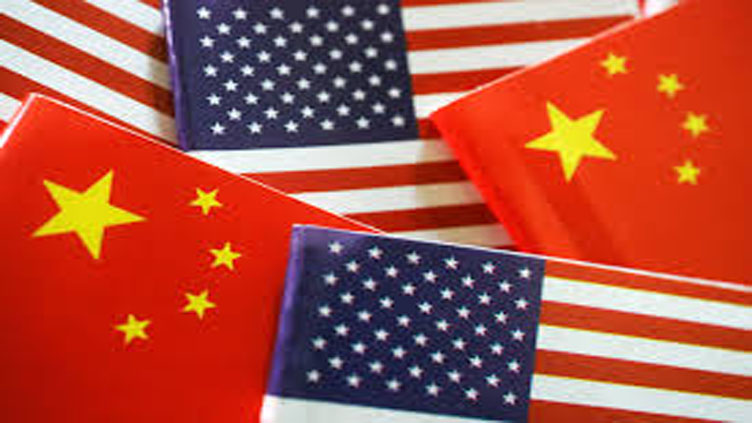BANGKOK: China has banned exports of key materials used to make a wide range of products, including smartphones, electric vehicles, radar systems and CT scanners, swiping back at Washington after it expanded export controls to include dozens of Chinese companies that make equipment used to produce advanced computer chips.
Both sides say their controls are justified by national security concerns and both accuse the other of “weaponizing” trade. Analysts say the latest restrictions could have a wide impact on manufacturing in many industries and supply chains.
“Critical mineral security is now intrinsically linked to the escalating tech trade war,” Gracelin Baskaran and Meredith Schwartz of the Center for Strategic International Studies, wrote in a report on Beijing’s decision.
The full impact will depend partly on whether U.S. industries can compensate for any loss of access to the strategically important materials, equipment and components.
Here’s why this could be a tipping point in trade conflict between the two biggest economies, coming at a time when antagonisms already were expected to heat up once President-elect Donald Trump takes office, given his vows to hike tariffs on imports of Chinese-made products.
WHAT DID CHINA DO AND WHY?
China has banned, in principle, exports to the United States of gallium, germanium and antimony — critical minerals needed to make advanced semiconductors, among many other types of equipment. Beijing also tightened controls on exports of graphite, which is used in EV and grid-storage batteries.
China is the largest source for most of these materials and also dominates refining of those materials, which are used both for consumer goods and for military purposes.
The limits announced Tuesday also include exports of super-hard materials, such as diamonds and other synthetic materials that are not compressible and extremely dense.
They are used in many industrial areas such as cutting tools, disc brakes and protective coatings. Next on the list of potential bans, experts say: tungsten, magnesium and aluminum alloys.
WHAT DID THE US DO AND WHY?
The Chinese Commerce Ministry announced its measures after the U.S. government ordered a slew of new measures meant to prevent sales to China of certain types of advanced semiconductors and the tools and software needed to make them.
Washington also expanded its “entity list” of companies facing strict export controls to include 140 more companies, nearly all of them based in China or Chinese-owned.
Commerce Secretary Gina Raimondo said the revised rules were intended to impair China’s ability to use advanced technologies that “pose a risk to our national security.” The updated regulations also limit exports to China of high-bandwidth memory chips that are needed to process massive amounts of data in advanced applications such as artificial intelligence.











